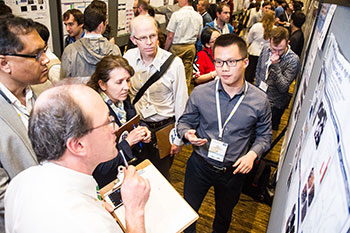 Why attend?
Why attend?
Consider ECS the prologue to your success story. As the must-attend event for academic and industry professionals from across the globe, it introduces you to the electrochemical and solid state science and technology trends, insights, and players who can help you make major strides in your career.
ECS meetings offer five days of learning, technical presentations, business development and networking opportunities for scientists, engineers and industry leaders from more than 70 countries. With a wide range of technical sessions, social events and hands-on courses, ECS meetings are the best investment you can make in your career.


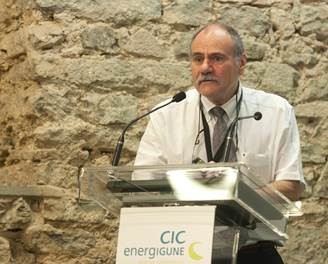 Topic Close-up #3
Topic Close-up #3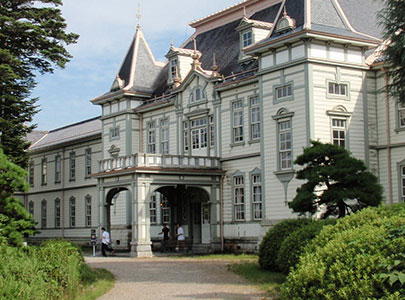
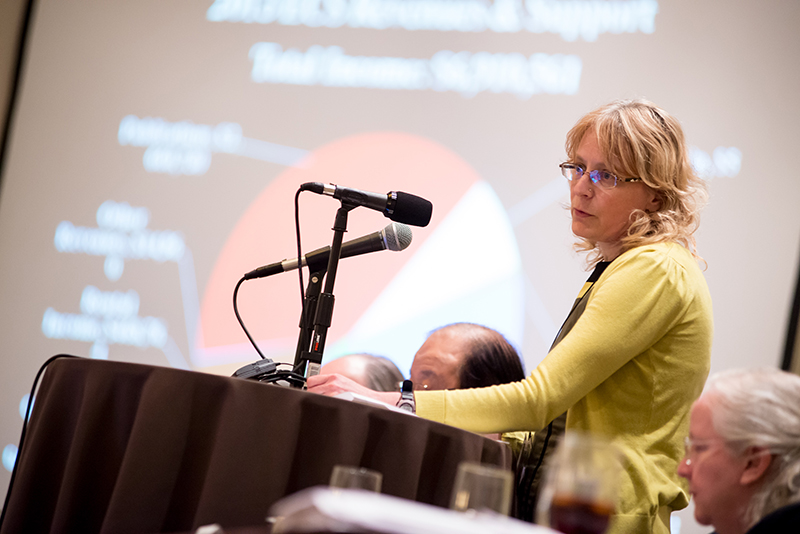 Topic Close-up #2
Topic Close-up #2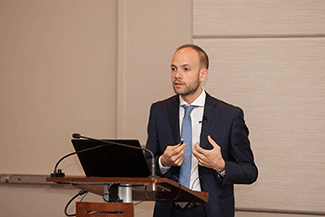
 Join us as ECS and La Sociedad Mexicana de Electroquímica comes together for the
Join us as ECS and La Sociedad Mexicana de Electroquímica comes together for the 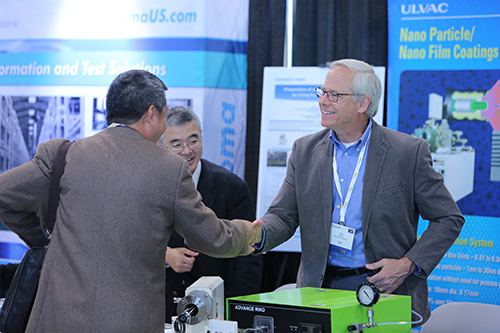 At the 2017 ECS biannual meetings, we had a total of 4,340 attendees from all over the world. Besides listening to the over 3,503 talks, and taking in 941 posters they were presented with the latest available electrochemistry and solid state science and technology products and services.
At the 2017 ECS biannual meetings, we had a total of 4,340 attendees from all over the world. Besides listening to the over 3,503 talks, and taking in 941 posters they were presented with the latest available electrochemistry and solid state science and technology products and services.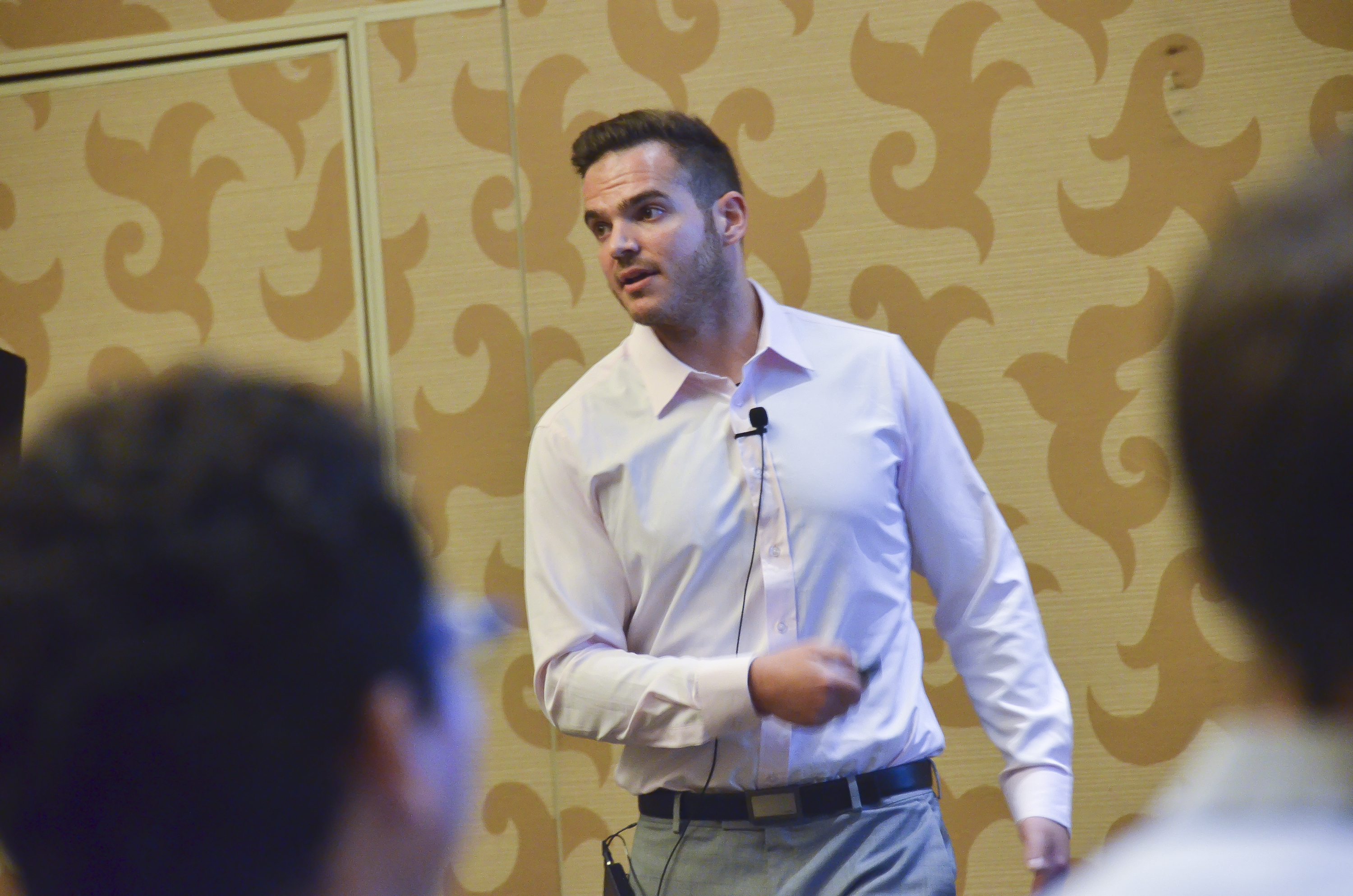 Topic Close-up #5
Topic Close-up #5